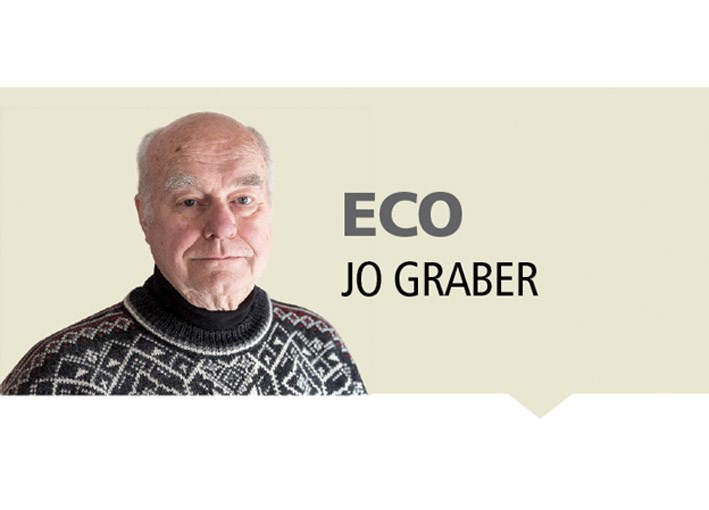The United Nations sustainable development goal 3 is to ensure healthy lives and promote well-being for all at all ages. For that reason, a recent article in the Proceedings of the American National Academy of Sciences addressed the need for pandemic risks to be incorporated in sustainable development planning.
While global warming remains a controversial issue and even a non-issue to many people, the current COVID-19 pandemic is not as contentious. The message is clear. Deaths are real. Runs on toilet paper, of all things, are real. Worries about adequate food supplies, medicines, testing kits, hospital bed availability, etc. are immediately real, not decades away.
Despite the relative importance to human life, many countries were not as prepared as they should be when the virus hit. Worse still, the U.S. is stuck with a president who simply does not comprehend the complexity of the situation, blaming others for his deficiencies.
Many nations recognize humans are causing unparalleled environmental degradation, climatic change, social inequality, and other negative planet-wide consequences. We have a continuing human population increase, spread of wealth and a resulting increase in energy demands and human use of natural resources to keep pace with dietary shifts to increased consumption of animal products.
Many consider sustainability goals to be linked, not isolated. Understanding those dynamics is key to achieving the UN vision.
Emerging infectious diseases, such as COVID-19, cause large-scale case mortality (infected population rate of death) and morbidity (population rate of disease), disrupt trade and travel and stimulate civil unrest.
When local emergence leads to regional outbreaks or global pandemics, the economic impacts can be devastating: the SARS outbreak in 2003, the H1N1 pandemic in 2009, and the West African Ebola outbreak in 2013–2016 each caused more than US $10 billion in economic damages.
Both the disease and the fear of disease impact the current world economy and society due to restrictions on international travel enforced by increasing countries, the quarantining of tens of millions of people, dramatic drops in tourism, and disruption of supply chains for food, medicines, and manufactured products. Estimates of the likely economic impact are in excess of US $150 billion.
Although technologies to monitor emerging infectious disease risks are advancing rapidly, policies to deal with them are primarily reactive such as outbreak investigations and control as well as vaccines and therapeutic drugs development. Those processes should integrate with those necessary to achieve multiple societal goals such as fear reduction and continuation of a viable economy.
An inability to integrate pandemic management processes create blind spots that must be addressed to ensure that sustainable development efforts are not counterproductive, compromising global health security.
Almost all recent pandemics originate in animals, mainly in wildlife. They emerge through complex interactions among animals and humans. Disease emergence increases with increase of human population density and wildlife diversity. It is driven by human created changes such as deforestation and expansion of agricultural land, intensification of livestock production, and increased hunting and trading of wildlife.
Advancing the integration of emerging infectious disease risk into planning for sustainable development requires a cross-disciplinary research approach; disease emergence involves socioeconomic change, pathogen dynamics, and biological and behavioral aspects of humans, wildlife, and livestock. A multisectoral approach is critical to promoting greater alignment and unique solutions that bridge sectors and stakeholders relevant to health, environment, and other dimensions of security at global, national, and community levels.
Such approaches are essential now. The current path of global change is projected to have a dramatic and irreversible effect on the environment and its ability to sustain our lives. To achieve sustainable socioeconomic development, society will need to pursue a combination of technological advances and shifts toward less resource-intensive lifestyles.
As my daughter wrote me from her Ottawa-area restaurant business which she closed voluntarily till the pandemic is over: “We are all well overdue for getting back to living within our means - maybe this is what it will take to bring us back to reality.”



